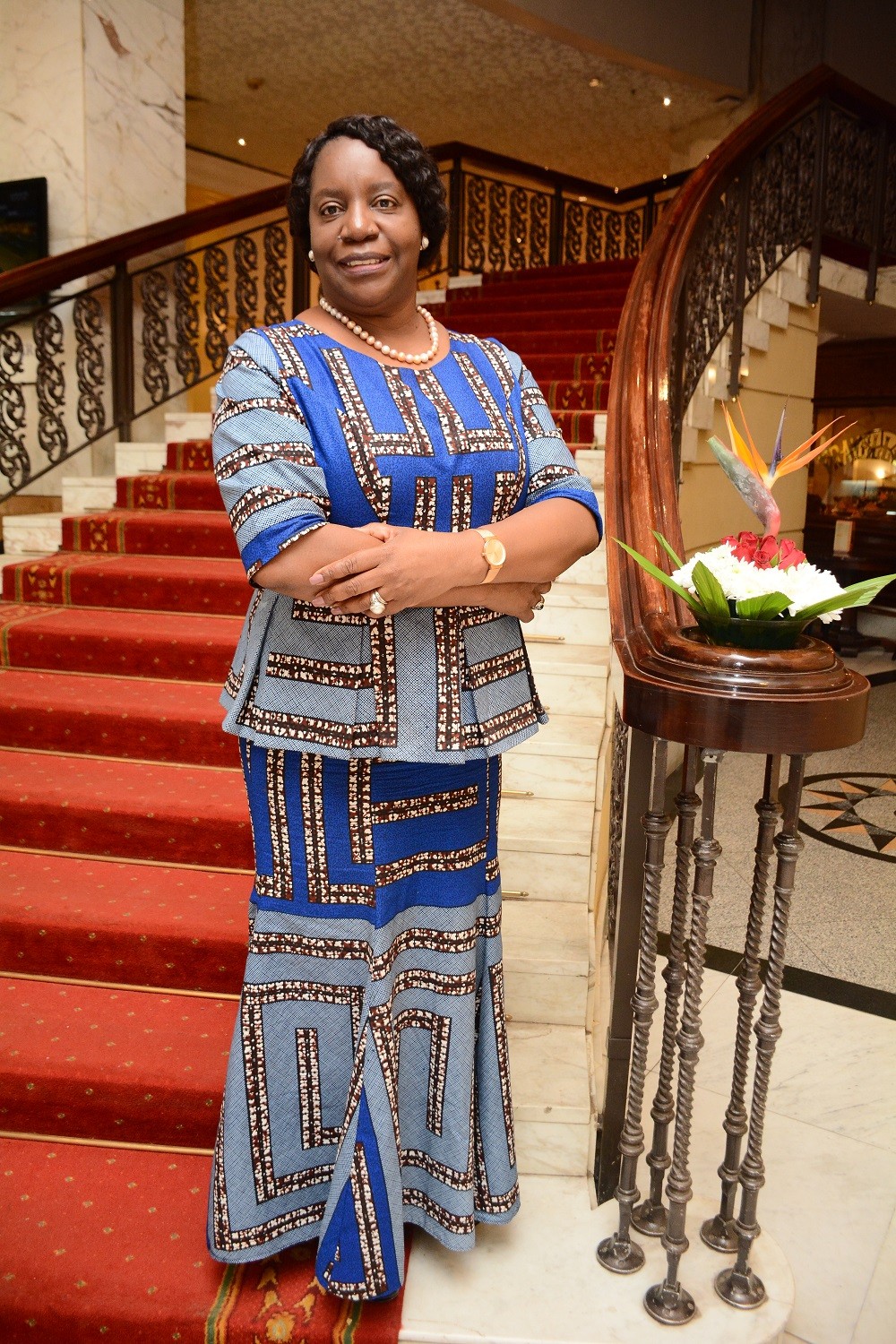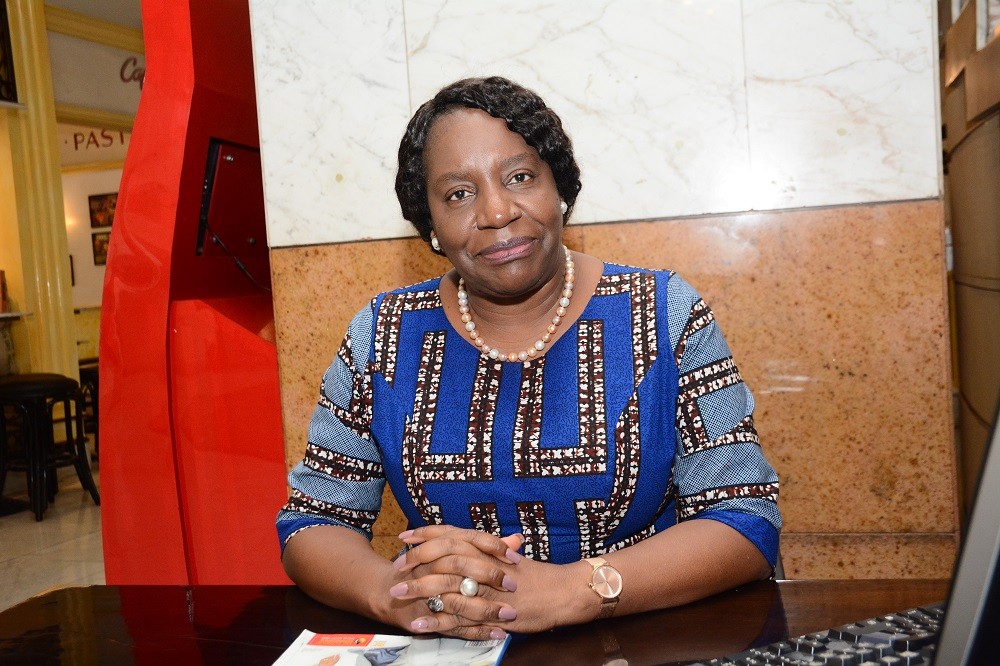COMESA has been actively playing its role by pushing for growth and contributing to the progress and development of the continent.
By Brian Yatich
On May 30th 2019, the process of regional integration marked a key historic milestone as the African Continental Free Trade Area (AfCFTA) came into force.
This apex decision is a reflection of the continent’s hope and aspiration, for the better part of the century has been an outpost, marginal to global trade.
To quote Dr Richard Sezibera, Rwandan Senator and former Secretary-General for EAC: “In ferocious defence of sovereignty, we have erected barriers, turned our borders into impermeable membranes to trade, and invested in the repression of entrepreneurial women attempting to make a living through business across borders,”
His sentiments are further echoed in a report published by the German Federal Ministry for Economic Cooperation and Development, which indicates that intra-Africa trade remains below its potential, accounting for about 17 per cent of the total African trade volume in 2017.
It further points out that Africa is still heavily reliant on commodity and agricultural exports while importing capital goods or food products predominantly from outside the continent.
“With a global trade share of less than 3 per cent, export diversification has yet to be achieved, as many African countries still rely on rents from extractive exports, whilst falling behind on industrialisation efforts,” the report reads.
However, with Africa’s intra-regional trade being relatively more diversified with higher value-added goods, more needs to be done.
Dating back to 1980, African leaders had realized the dangers of a continued fragmented market in Africa. Through the Lagos Plan of Action, the leaders started the process of integrating the local market.
Today, we have at least eight regional economic communities, among them The Common Market of Eastern and Southern Africa (COMESA).
COMESA has been actively playing its role by pushing for growth and contributing towards the progress and development of the continent towards the attainment of the AU’s common vision and the economic emancipation of its people.
Even though it’s one of the most vibrant regional blocs today, COMESA had suffered long periods of scepticism and negativity that the community is still weak compared to the business potential of member states.
Currently, the tides have changed; people in other African Regional Economic Communities (RECs) are looking at the speed at which COMESA is moving with both admiration and desire.
Established in December 1994, the trading bloc was formed to replace the former Preferential Trade Area (PTA) which had existed from the earlier days of 1981.
The regional inter-governmental organization comprises of 21 states with the main focus of forming a large economic and trading unit. The unit should be capable of overcoming some of the barriers faced by individual states with a vision of attaining a prosperous, competitive, secure and politically united bloc.
COMESA, as defined by its Treaty, was established as an organization of free independent sovereign states which have agreed to co-operate in developing their natural and human resources for the good of all their people. As such, it has a wide-ranging series of objectives, including promoting peace and security.
The captain presently steering the ship is Ms Chileshe Mpundu Kapwepwe. Since her appointment as COMESA Secretary General by COMESA heads of states on July 19, 2018, Kapwepwe has spearheaded an agreement on implementing and completing negotiations on the common market, among other key strategic breakthroughs.

Ms Chileshe Mpundu Kapwepwe, COMESA Secretary-General. Photo Courtesy: Allan Muturi: The East African Business Times Times.
Her mission is to deepen economic, political, social and cultural integration in order to improve the quality of life of the people of COMESA member states. This she intends to facilitate by increasing competitiveness, value-added production, enhanced trade and investment.
Being the Secretary General for COMESA is not an easy task, as it comes with bigger responsibilities such as converging member states together to make joint decisions, managing stakeholders programs, inking partnerships with private sectors and instituting programs to support the youth, women and different interest groups.
“We have a mandate to primarily deepen and foster intra-COMESA trade by supporting objectives for trade and facilitation, ease of movement of goods and people,” Kapwepwe says.
The SG says through the bloc, percentage of intra COMESA trade was at 10 per cent in 2018 compared to 12.9 per cent in 2017, and the ratio is even lower when it comes to trading in processed goods.
“There is need for our Member States to align their development agenda with the structural transformation of our economies through sustainable and inclusive industrialization,”
This, she says, is in addition to stimulating cooperation in other areas, such as innovation, technology and continent-wide infrastructure development that will contribute to the continent’s industrial transformation and prosperity.
Trade
COMESA has long been championing for industrialization, which Kapwepwe notes there is need for Member States to align their development agenda with the structural transformation of the economies through sustainable and inclusive industrialization.
“This is in addition to stimulating cooperation in other areas, such as innovation, technology and continent-wide infrastructure development that will contribute to the continent’s industrial transformation and prosperity,”
COMESA has also unbundled the trade agenda and made sure different institutions are specializing and supporting trade agenda.
“ACFTA is really what we as regional blocs have been working towards, now that it is in force, African countries should be able to trade amongst them and remove the tariff and non-tariff barriers to make goods more competitive than those coming from outside Africa,” she says.
With ACFTA, Kapwepwe is positive indicating that there has never been a better time to invest and trade in Africa.
“Under the African Continental Free Trade Area (AfCFTA), countries have agreed to eliminate tariffs on most goods, liberalise trade of key services, and address non-tariff obstacles to intra-regional trade,” the SG says.
“Eventually, these measures will create a continental single market with free movement of labour and capital. The AfCFTA is coming into effect in 2019 and once operational, it will establish a market of 1.2 billion people with a combined GDP of US$2.5 trillion. This might be an economic game-changer for the continent.”
This would ultimately provide wider and more affordable access to inputs and intermediate goods, as larger markets allow economies of scale and offer new business opportunities.
Growth Agenda
This year, COMESA is celebrating its 25th anniversary, on 8 December 2019, marking a journey of notable achievements through its organs and institutions.
“The main differentiator for us, if you compare COMESA to other regional economic groupings, is that we have institutions which have done very well. We have the Trade and Development Bank, an institution which is supporting member countries to finance their infrastructure development agenda,” she says.
Last year, the Trade and Development Bank made a net profit of US$120 million, enjoying the highest ratings on the African continent with countries like Botswana and Mauritius.
The bloc has also managed its subsidiary, the Africa Leather and Leather Products Institute, to become a continental body to carry out capacity building and national strategy development activities through West Africa.
According to an Opinion piece by Francis Mangeni, Director, Trade, Customs and Monetary Affairs at COMESA Secretariat, the COMESA Re-insurance Company has compensated more than a million farmers for weather-related losses.
“COMESA Competition Commission, the second regional competition authority in the world after the European Union, has handled 175 mergers valued at US$93 billion,” Mangeni says.
Under Kapwepwe’s tenure, she has overseen the development of a regional eCommerce system, which once operational will facilitate settlement of trade and services among member states.
“With e-commerce technology, traders can link up with each other where they don’t have to physically move from country to country. With digital economy, we are also looking at e-logistics” she says.
The bloc is looking to introduce e-legislation where they’ll legislate on the digital economy and how the environment operates to ensure there’s the privacy of information and cyber-security.
On the flip side, high input cost on local industries has remained a key challenge for the region, crippling development of various products.
“I think some of the input costs come because we don’t have the right infrastructure to produce the elements that we are going to use as inputs. We still depend on exporting our own raw materials without adding any value. We need to focus on infrastructure,” the SG says.
Being the first woman to head COMESA since inception, Kapwepwe brings new perspective and dimension.
“When I joined, one of the things that I picked up was that we had two specific treaties which supported women in particular. We have one on gender mainstreaming and another on women empowerment on entrepreneurship, which really delighted me. COMESA comes from a place where a woman already has a voice. And by having a woman heading it just emphasizes that we need to do this,” she says.
Ms Kapwepwe is a Chartered Accountant and also holds a Master’s Degree in Business Administration from the University of Bath, United Kingdom. She has worked in various sectors including the motor industry, trade facilitation and quality assurance, aviation and in government.
During her career, she has served as Chief Financial Officer and Managing Director of the National Airports Corporation Limited in Zambia.
She has a proven track record in leadership, business and operations management, with a strong financial and commercial background, and experience in economic development, policy formulation and implementation.
She has served as Director and Chairperson of numerous boards, including Zambia Revenue Authority, Bank of Zambia, Ecobank Zambia Limited, BP Zambia Limited, Zambia Privatization Trust Fund, Airports Council International, African Civil Aviation Commission and Nico Insurance.
She also enjoys reading stories of African women authors in the social setting. Her greatest inspiration is “Homegoing”, a historical fiction novel by Ghanaian Yaa Gyasi.
“The book, with its unwavering portrayal of the slave trade explores its impact down the generations, from 18th-century West Africa to the modern-day United States. It’s an excellent read,” she says.
Value-based leadership books come in second on the list of books that inspire her.
Kapwepwe has also served as Deputy Minister of Finance, Member of Parliament and Executive Director at the International Monetary Fund, where she represented 23 African countries. She has vast experience in both private and public sectors, having served in both local and international organizations for 30 years.
She carries herself with great honour, dignity and humility. Her solutions are very insightful and diplomatic. Under Kapwepwe, COMESA is expected to achieve more, having done so much within her first year at the helm.

